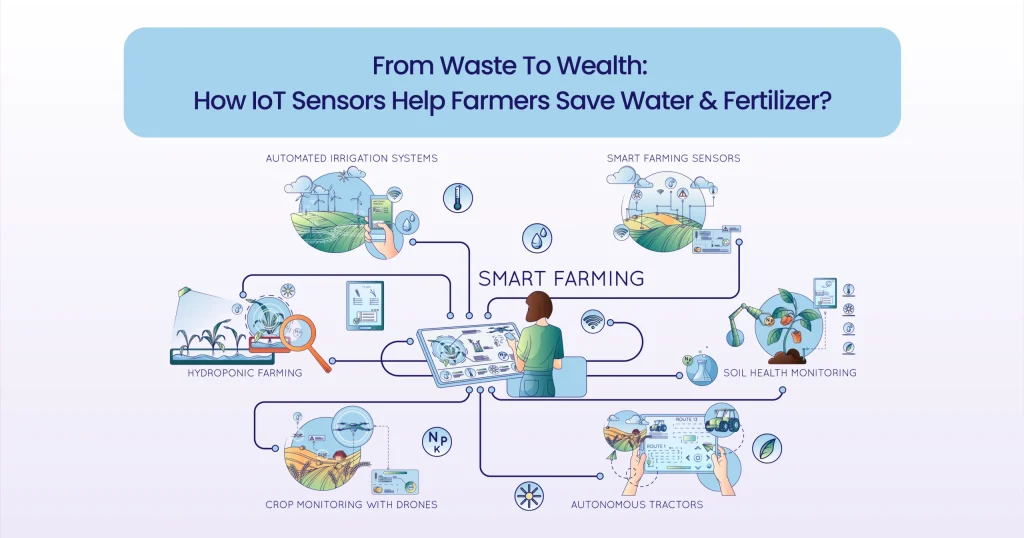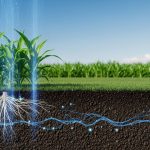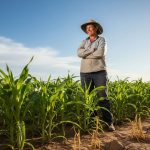Imagine walking through a lush, sprawling farm, where every plant thrives, and every harvest is bountiful. Yet, beneath this picturesque landscape lies a hidden problem: farm wastage.
A significant portion of crops never makes it to your table, lost to inefficiencies and outdated practices. But what if there was a way to change that narrative, to ensure that every seed planted fulfills its potential? This is where automation steps in.
By embracing cutting-edge technology, you can dramatically reduce farm wastage and boost productivity. Are you ready to discover how automation can transform the way you look at agriculture and help ensure that your food supply is more sustainable? Dive into this article to uncover the secrets of how automation can revolutionize farming, making it not just more efficient, but smarter and more sustainable for the future.
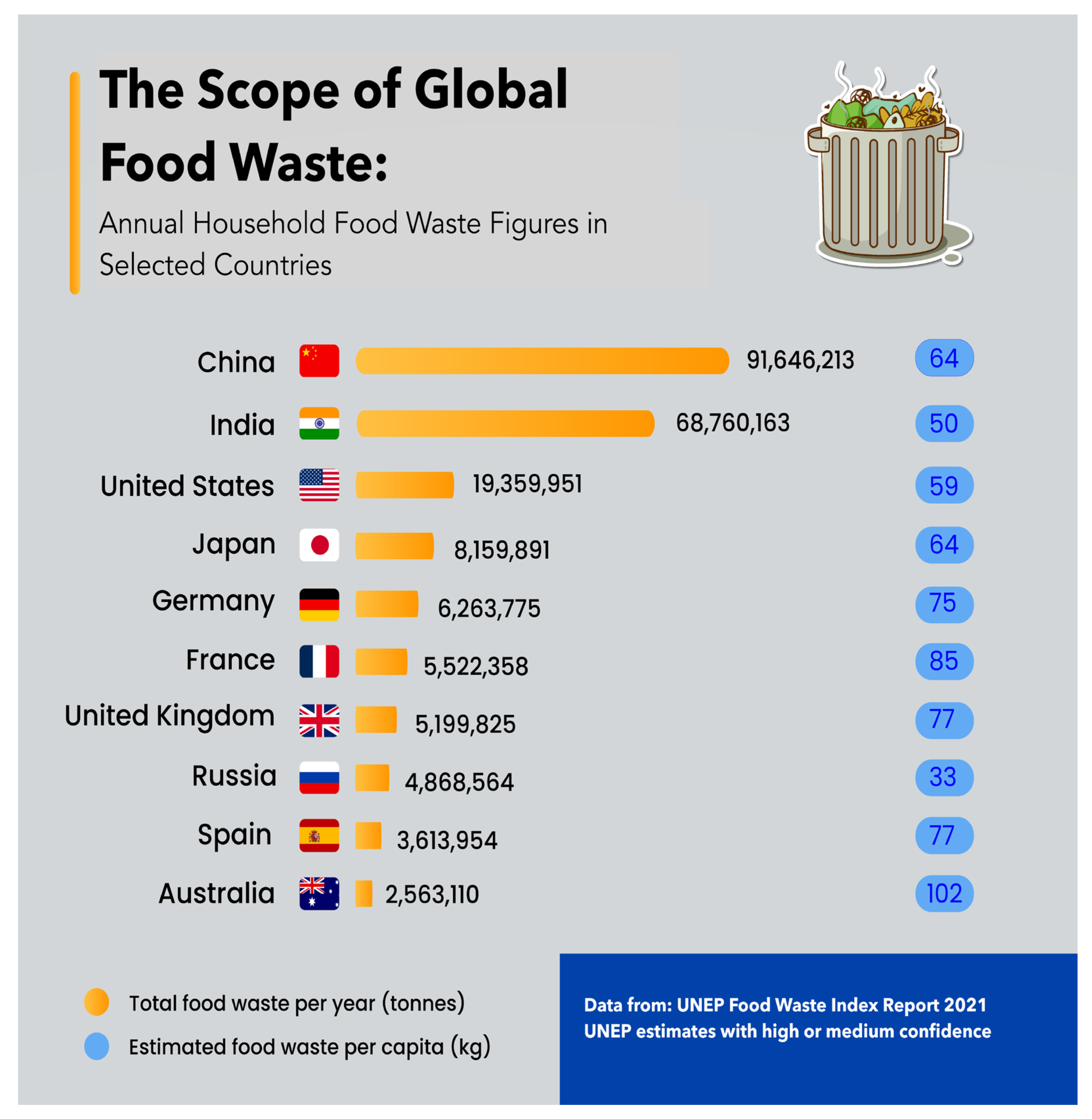
Smart Irrigation Systems
Smart irrigation systems are transforming agriculture by enhancing water efficiency. They use sensors to monitor soil moisture and weather conditions. This data helps farmers optimize water usage. It leads to reduced water waste and healthier crops. These systems are crucial in reducing farm wastage.
How Smart Irrigation Works
Smart irrigation systems gather real-time data from the field. Sensors measure soil moisture levels and weather forecasts. This information guides the irrigation schedule. Water is delivered only when necessary. This prevents overwatering and under-watering.
Benefits Of Smart Irrigation Systems
Smart irrigation reduces water waste significantly. It saves money on water bills. It ensures plants receive the right amount of water. This leads to healthier crops and better yields. It also minimizes environmental impact by conserving resources.
Challenges In Implementing Smart Irrigation
Initial setup costs can be high for farmers. Some may lack technical knowledge for system operation. Reliable internet connectivity is necessary for data transmission. These challenges can hinder widespread adoption.
Future Of Smart Irrigation In Agriculture
Smart irrigation systems will evolve with technology. They will become more affordable and user-friendly. Wider adoption will lead to more sustainable farming practices. This will help in conserving water and reducing farm wastage.

Precision Agriculture Technologies
Precision agriculture technologies are transforming farming practices worldwide. These technologies help farmers use resources efficiently, reducing waste significantly. By focusing on exact measurements and data, farmers can ensure optimal growth conditions for crops.
Understanding Precision Agriculture Technologies
Precision agriculture involves using advanced tools and techniques. These tools collect data about soil, weather, and plant conditions. Farmers use this data to make informed decisions. It helps them apply fertilizers and water in the right amounts. This targeted approach minimizes unnecessary usage.
Benefits Of Precision Agriculture Technologies
Precision agriculture reduces farm wastage. It ensures resources are used wisely. Farmers can track crop health and growth patterns accurately. This monitoring helps in identifying issues early. Early detection prevents large-scale crop failure. It saves both time and money.
Tools Used In Precision Agriculture
Several tools support precision agriculture. GPS and GIS systems map fields in detail. Drones survey land from above. Sensors measure soil moisture and nutrient levels. Smart tractors automate planting and harvesting. These tools provide real-time data to farmers.
Impact On Sustainability
Precision agriculture promotes sustainable farming. It reduces excessive use of chemicals and water. By optimizing inputs, it protects the environment. Farmers can maintain soil health and biodiversity. Sustainable practices ensure long-term productivity.
Challenges In Precision Agriculture
Precision agriculture faces challenges. Initial setup costs can be high. Training farmers to use technology is crucial. Access to reliable internet is needed. Despite challenges, benefits outweigh the drawbacks. It is the future of farming.
Automated Harvesting Solutions
Automation is transforming the agriculture industry. Automated harvesting solutions play a crucial role in reducing farm wastage. These technologies help farmers collect crops efficiently. They reduce the time and labor needed for harvesting. This ensures more produce reaches consumers, minimizing waste.
Automated Machines For Efficient Harvesting
Automated machines are designed to pick crops quickly and accurately. They use sensors to detect ripe produce. This ensures only ready crops are harvested. Farmers save time and resources. The result is less wastage.
Precision Agriculture And Reduced Wastage
Precision agriculture uses data to optimize farming practices. Automated systems collect and analyze data. This helps in planning the best time for harvest. It reduces the chances of crops spoiling in the field.
Labor Cost Savings
Automation reduces the need for manual labor. This cuts down on labor costs significantly. Farmers can allocate resources more efficiently. They achieve better yields with less expenditure.
Environmental Benefits
Automation reduces the carbon footprint of farming. Efficient harvesting means less fuel consumption. This contributes to a more sustainable farming practice. Protecting the environment is vital.
Future Of Farming
The future of farming lies in automation. These technologies are becoming more accessible. They are crucial for meeting global food demands. Automated harvesting solutions are changing how we farm.
Data-driven Decision Making
Automation plays a crucial role in reducing farm wastage by collecting and analyzing data efficiently. Farmers can make informed decisions quickly, minimizing losses and enhancing productivity. By using automated systems, farms optimize resources, ensuring sustainable and cost-effective operations.
Data-driven decision making is transforming the landscape of agriculture. By leveraging data, farmers can now make precise, informed choices that significantly reduce farm wastage. This approach empowers you to optimize every aspect of your farming operations, from planting to harvesting.Understanding The Power Of Data
Data is more than just numbers. It provides insights into your soil quality, weather conditions, and crop health. Imagine having a tool that tells you exactly when to water or fertilize, based on real-time data. This kind of precision helps minimize waste and maximize yield. Are you using the full potential of data in your farming practices?Real-time Monitoring And Alerts
Modern sensors can monitor crop conditions around the clock. They send alerts directly to your smartphone or computer. If a section of your field is too dry, you’ll know immediately. This instant feedback loop allows you to address issues before they escalate, saving resources and reducing wastage.Predictive Analytics For Better Forecasts
Predictive analytics can forecast crop yields, pest infestations, and disease outbreaks. Imagine knowing the likelihood of a pest problem before it starts. You can prepare and take preventive measures, reducing the need for excessive pesticide use. This proactive approach is crucial in maintaining both crop health and environmental sustainability.Customized Solutions For Individual Farms
Every farm is unique, and data-driven tools can be customized to fit your specific needs. Whether you’re growing corn, tomatoes, or running a dairy farm, tailored solutions can be developed. These tools analyze data specific to your farm’s conditions, helping you make decisions that are best for your particular situation.Challenges And Considerations
While data-driven decision making offers numerous benefits, it’s not without its challenges. You might wonder about the cost of implementing these technologies or the skills required to interpret data. However, the initial investment often leads to significant long-term savings and efficiencies. Consider the value of data in your decision-making processes and how it could revolutionize your farming operations.Data-driven decision making is not just a trend; it’s a necessity for modern farming. By embracing data, you equip yourself with the tools to reduce waste and enhance productivity. Are you ready to take the next step towards a more efficient and sustainable farming future?
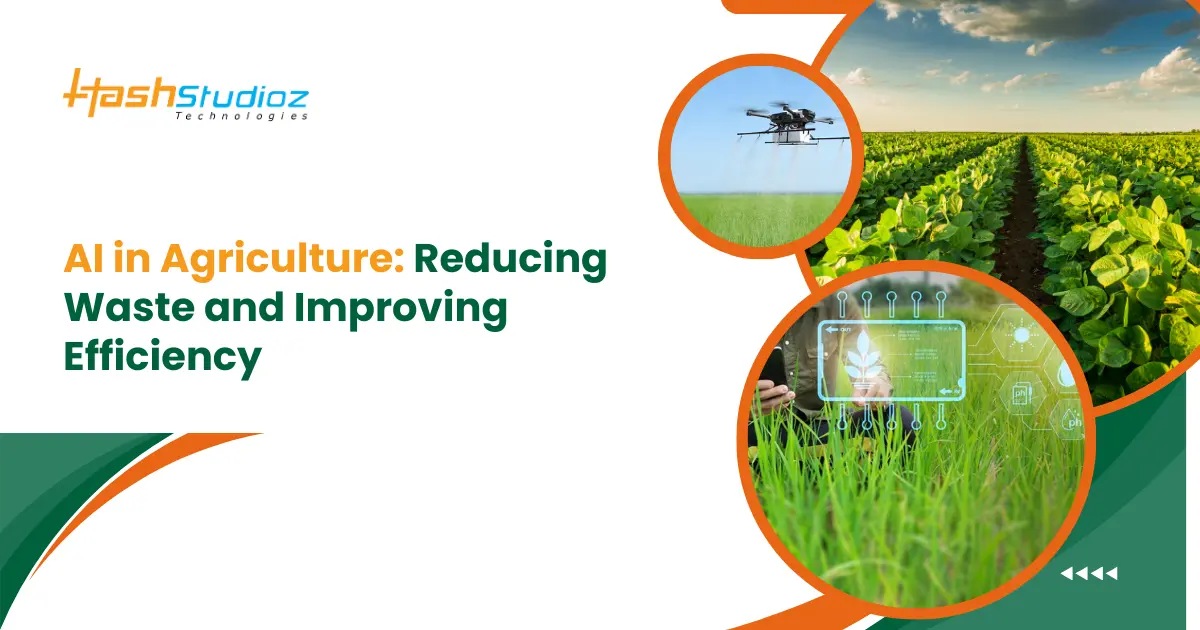
Conclusion
Automation significantly cuts down farm wastage. It streamlines processes, boosting productivity. Farmers can manage resources effectively. This leads to reduced losses and increased profits. Automation also promotes sustainable farming. It ensures better yield with fewer resources. Technology helps monitor crops and livestock efficiently.
Farmers make informed decisions with real-time data. This reduces guesswork and errors. Adopting automation benefits not only farmers. It supports the environment too. A win-win situation for all. Embracing technology in agriculture is crucial. For a more sustainable and waste-free future.

